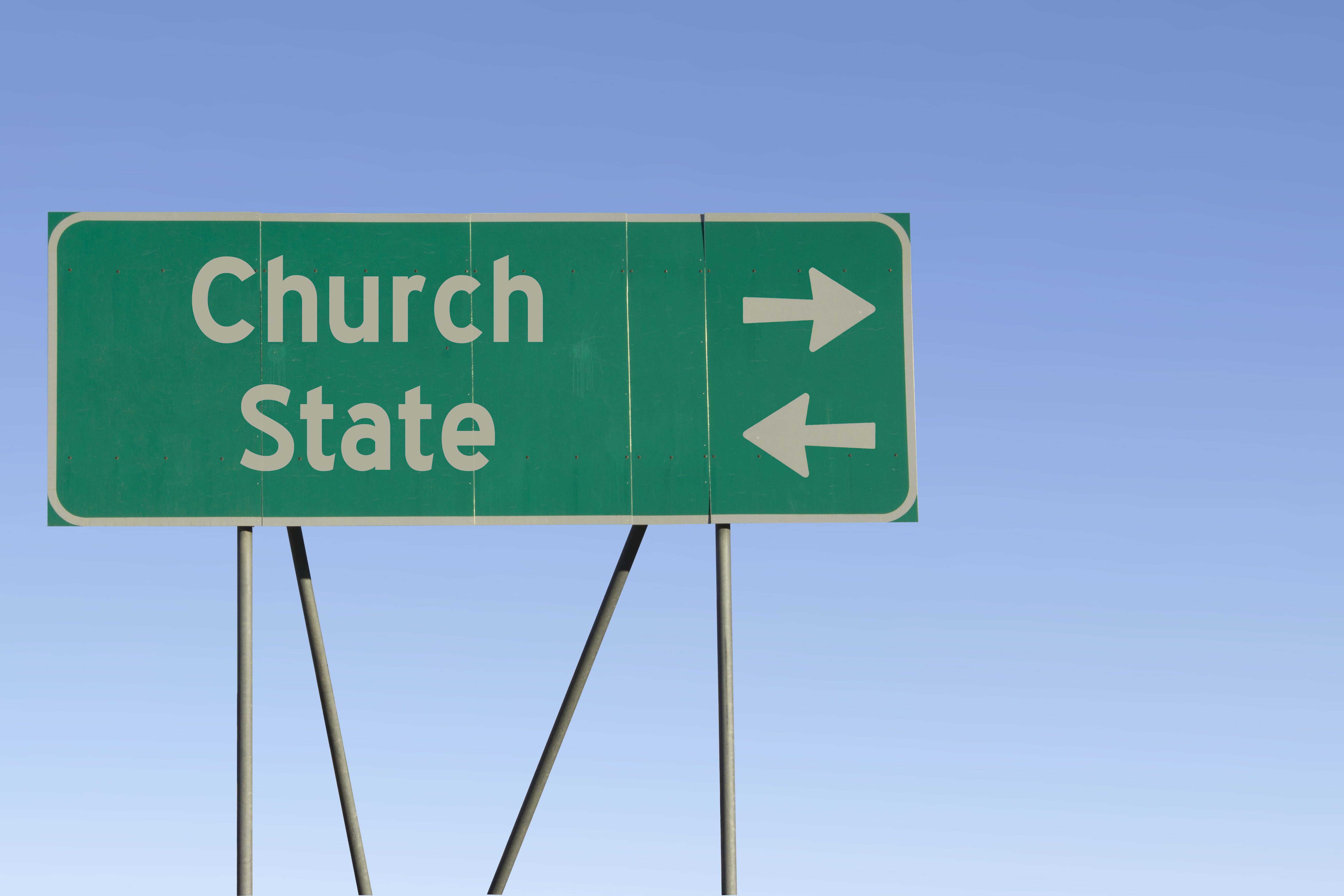
The Freedom From Religion Foundation is aiming for a city-owned community center in Minnesota to be secular and inclusive of everyone in the community.
The city of Corcoran is allowing a church to run a city-owned and city-funded community center. A concerned local resident contacted FFRF to report that the city worked with Maple Hill Estates and Mobile Hope, a local Christian ministry, to secure a Community Development Block Grant through Hennepin County in order to build the center. The community center, known as “Hope Center,” is owned by the city of Corcoran but is operated by Mobile Hope. A contract between the city and Mobile Hope states that up to 35 percent of the programming at Hope Center may be religious..
There are a number of serious constitutional problems with this arrangement between the city and Mobile Hope. The community center is a city-owned facility and may not be used for religious activities or to promote religion unless a private party is renting space at the community center at a reasonable rental rate. In this case, the church is actually running the city’s community center.
The city’s agreement with Mobile Hope flies in the face of the Establishment Clause of the First Amendment to the U.S. Constitution, as well as the Minnesota Constitution.
The Establishment Clause of the First Amendment prohibits the government from financially supporting churches. The city appears to endorse religion when it allows a ministry to promote religion or hold religious programming at a city-owned and government-funded facility outside of a rental arrangement.
“In Tilton v. Richardson, the Supreme Court struck down government funding of a building on a private university because the university’s promise not to use the building for religious purposes expired after 20 years,” FFRF Legal Fellow Ryan Jayne writes to Corcoran City Administrator Brad Martens. “Here, Mobile Hope is already using the city’s community center for religious purposes, and the city has agreed to oversee its own building’s activities for only a certain period of time. This is unconstitutional.”
The Minnesota Constitution prohibits the city from financially assisting churches: “Nor shall any man be compelled to attend, erect or support any place of worship, or to maintain any religious or ecclesiastical ministry, against his consent.” When the city contributes taxpayer funds toward a facility managed by a Christian ministry that the city allows to promote Christianity as part of the facility’s scheduled programming, it unconstitutionally compels taxpayers to support that ministry, FFRF adds.
The city of Corcoran must disentangle itself from this arrangement with Mobile Hope, FFRF asserts. The simplest solution would be to prohibit any religious programming or religious promotion at Hope Center unless Mobile Hope rents space at the center for privately sponsored religious events. If Mobile Hope is unwilling to manage the city’s community center in an entirely secular fashion, the city must either replace Mobile Hope as the center’s managing organization or sell the facility to Mobile Hope.
“A public community center should be that: welcoming and inclusive for all members of the community,” says FFRF Co-President Annie Laurie Gaylor. “A ministry cannot be allowed to hold exclusionary programs inside such a venue.”
The Freedom From Religion Foundation is a national nonprofit organization with more than 29,000 members and chapters across the country, including 500-plus and two chapters in Minnesota. FFRF’s purposes are to protect the constitutional principle of separation between state and church and to educate the public on matters relating to nontheism.

